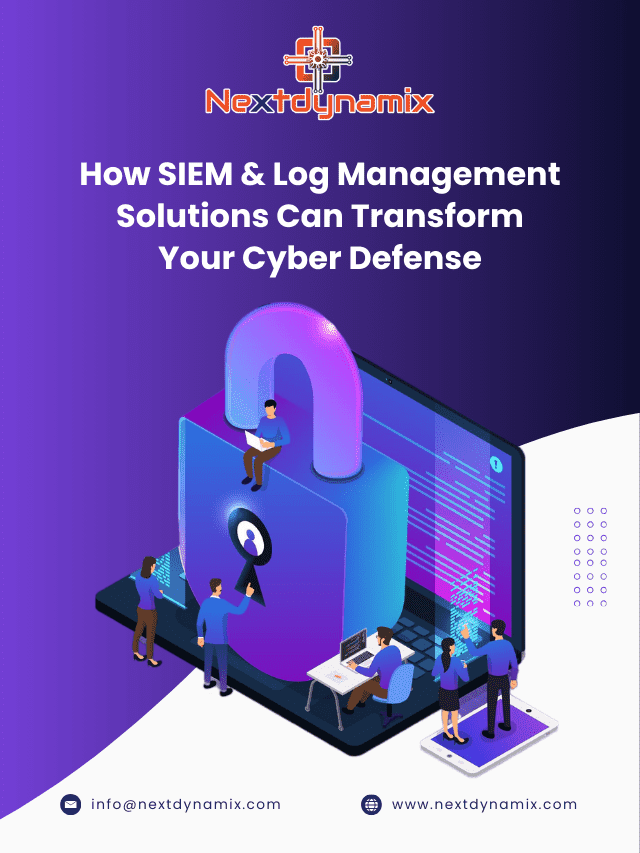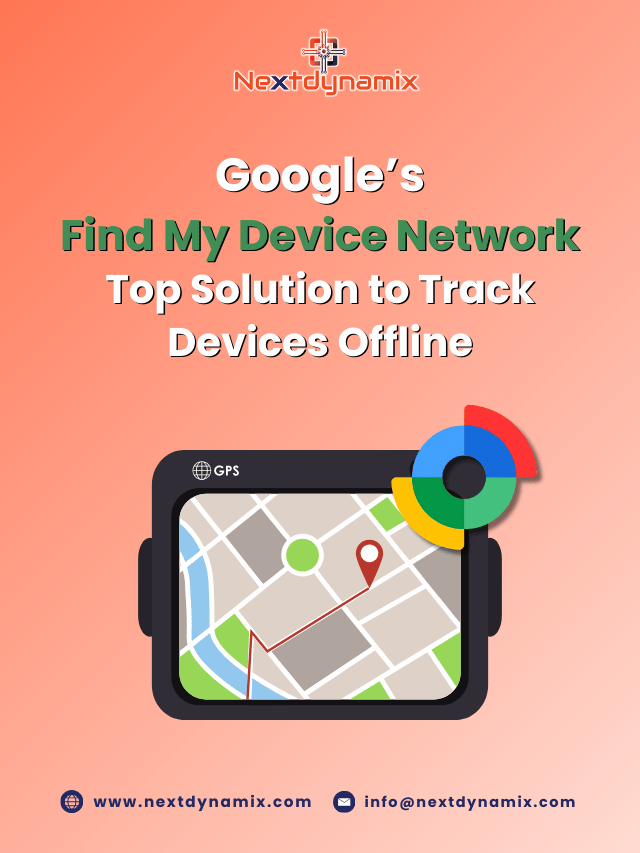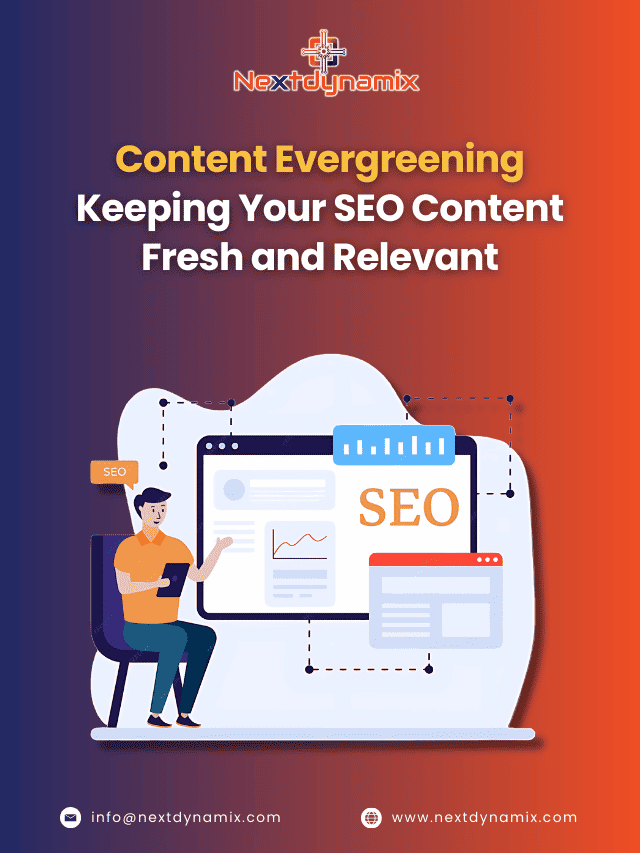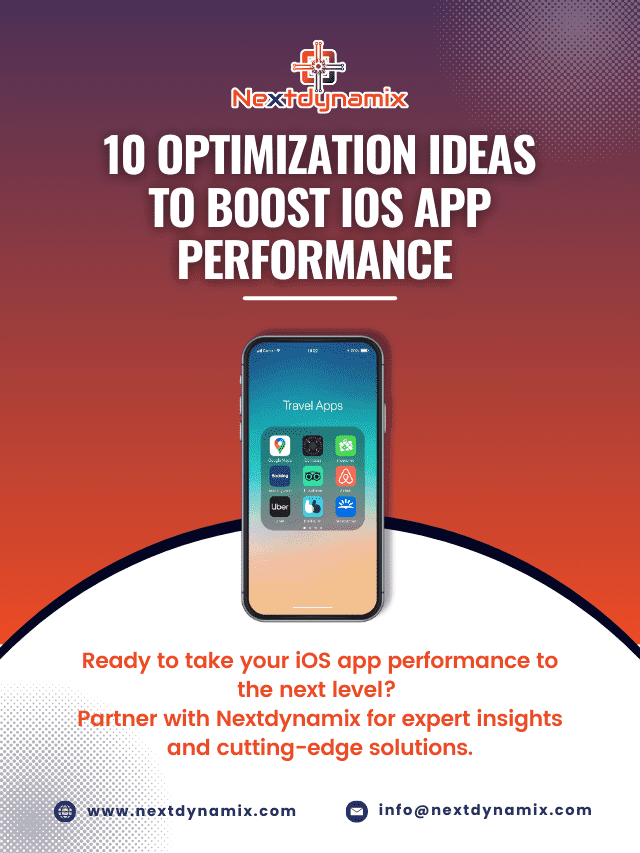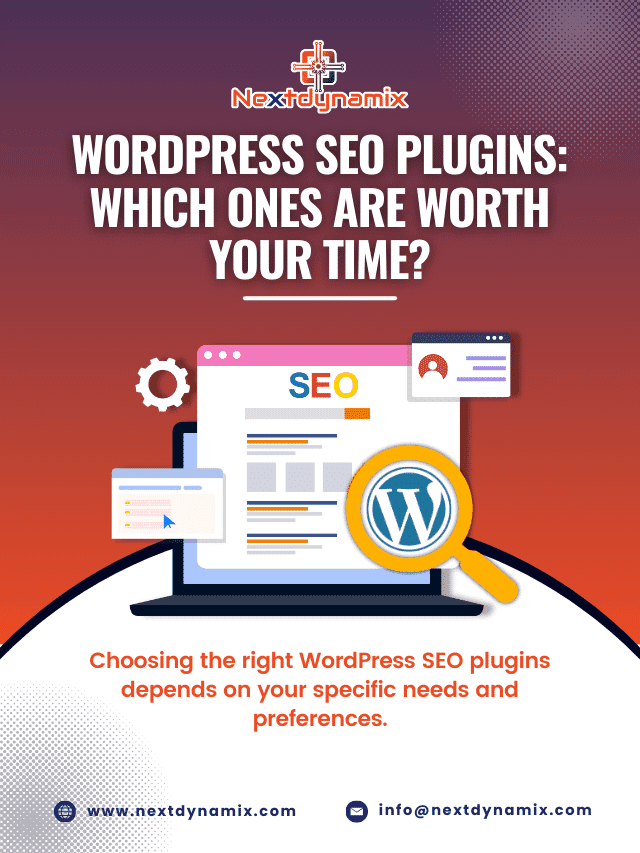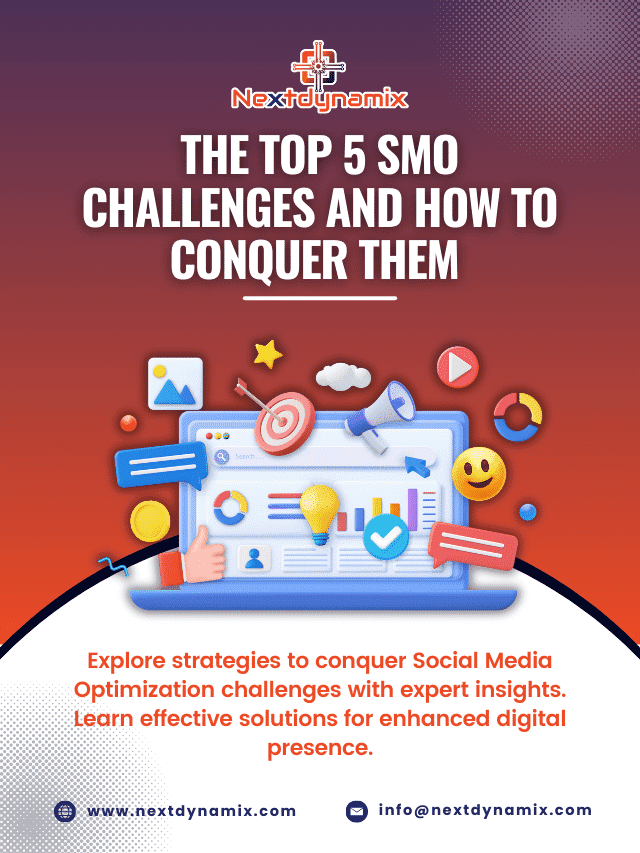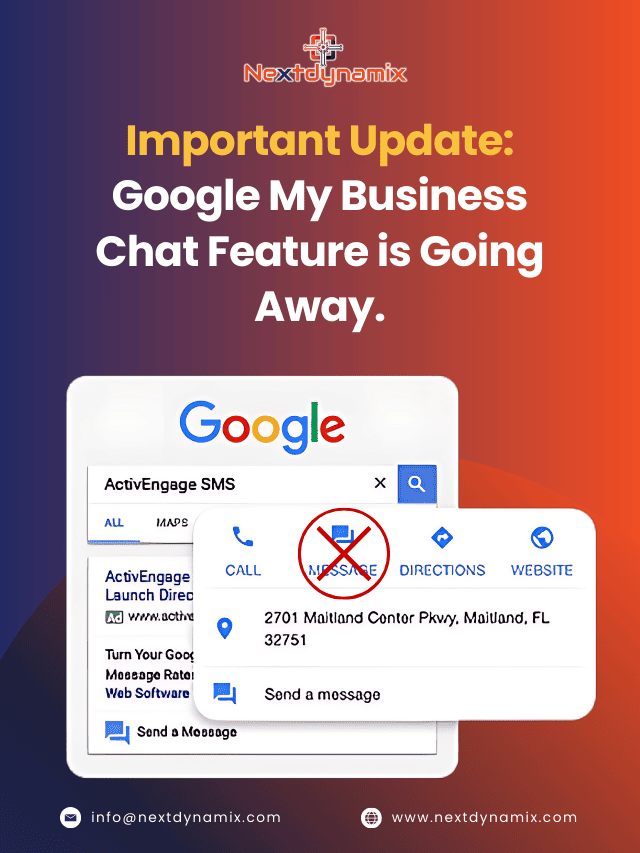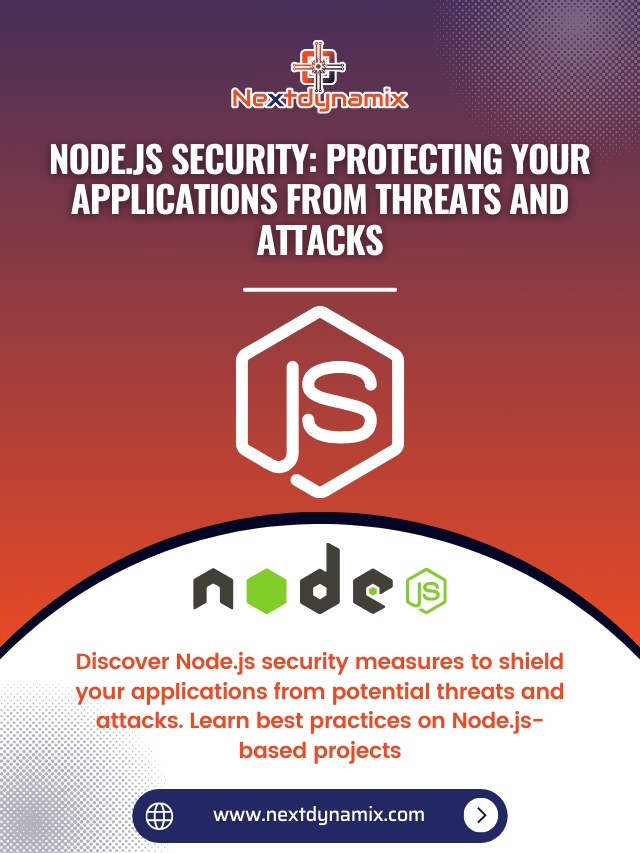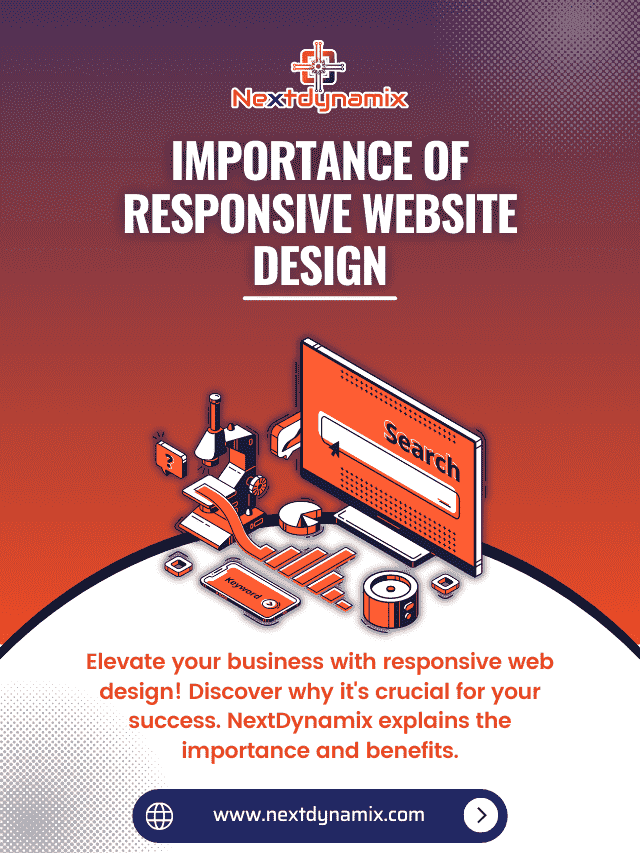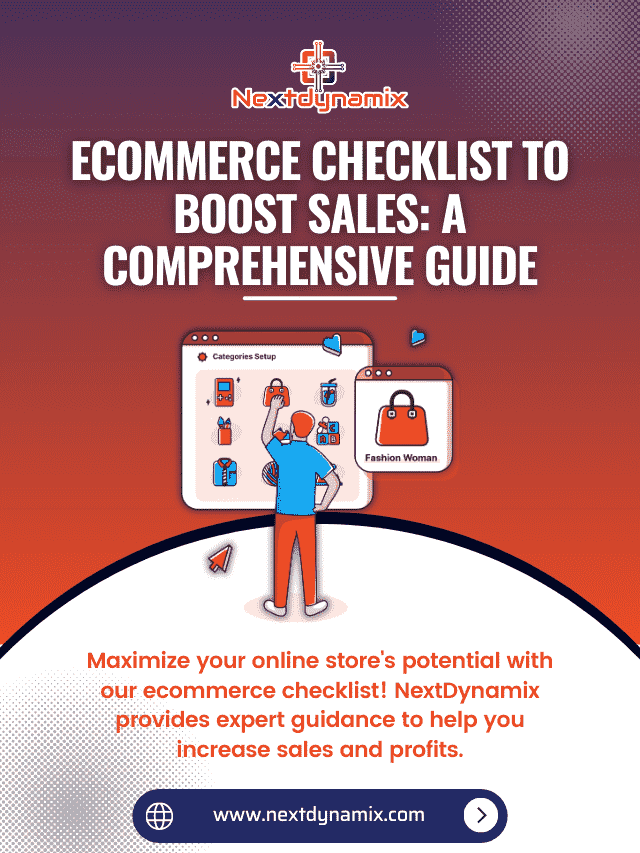WooCommerce Vs Shopify – The Ultimate Showdown for E-Commerce Success
In today’s digital-first economy, businesses of all sizes are embracing e-commerce to reach a global audience. Choosing the right platform for your online store can make or break your success. Two of the most powerful and widely used e-commerce platforms are WooCommerce and Shopify. Both are designed to help entrepreneurs, startups, and enterprises build scalable and customizable online stores—but which one is right for you?
In this ultimate showdown of WooCommerce vs Shopify, we’ll break down their features, pricing, ease of use, scalability, SEO advantages, and more, so you can make an informed decision for your e-commerce journey.
For expert assistance in setting up either Shopify or WooCommerce, you can rely on Nextdynamix’s Shopify Development Services and WooCommerce Development Services.
Why Choosing the Right Platform Matters
Before diving into the comparison, let’s establish why choosing between WooCommerce and Shopify is so crucial:
- Customer Experience: A platform affects how fast, user-friendly, and reliable your website feels.
- SEO Performance: The backend setup impacts your store’s ability to rank higher in search engines.
- Customization and Branding: How much control you have over design and features will define your unique brand identity.
- Scalability: If you want to grow from a small shop to a large enterprise, your platform should be flexible enough to support your growth.
- Cost and Maintenance: Budget plays a huge role in selecting the right system for long-term success.
WooCommerce vs Shopify: A Quick Overview
What is WooCommerce?
WooCommerce is an open-source WordPress plugin that turns any WordPress site into a fully functioning e-commerce store. It’s flexible, customizable, and supported by a massive developer community.
Best suited for: Businesses looking for high customization, control, and scalability while leveraging WordPress.
Key Features:
- Open-source and free to install.
- Works seamlessly with WordPress.
- Thousands of themes and plugins for customization.
- Advanced blogging and SEO capabilities.
- Full control over your store’s hosting and database.
What is Shopify?
Shopify is a hosted e-commerce platform that provides everything you need in one place. It’s beginner-friendly, requires minimal technical knowledge, and offers a range of built-in tools to manage your store.
Best suited for: Entrepreneurs and businesses that want a hassle-free, ready-to-go solution.
Key Features:
- Fully hosted solution.
- Beginner-friendly dashboard.
- Hundreds of themes and apps.
- Powerful inventory management.
- 24/7 customer support.
WooCommerce vs Shopify: Feature-by-Feature Comparison
1. Ease of Use
- WooCommerce: Requires technical knowledge since it’s built on WordPress. You’ll need to set up hosting, install WordPress, configure WooCommerce, and manage security.
- Shopify: Extremely user-friendly with drag-and-drop features. No need to worry about hosting or security as it’s all managed by Shopify.
Verdict: Shopify wins for beginners, but WooCommerce is perfect if you prefer control and customization.
2. Pricing and Costs
- WooCommerce: Free plugin, but you’ll pay for hosting, themes, SSL certificates, and premium plugins. Costs can range from $10–$200/month depending on scale.
- Shopify: Pricing starts at $29/month (Basic plan) and goes up to $299/month (Advanced plan). Add-ons and apps may increase costs.
Verdict: WooCommerce can be more cost-effective for small stores, while Shopify offers transparent fixed pricing.
3. Design and Themes
- WooCommerce: Offers thousands of free and premium WordPress themes. Complete freedom to customize design and layouts.
- Shopify: Around 100+ professional themes (both free and paid), designed for mobile responsiveness. Customization is easier but less flexible compared to WooCommerce.
Verdict: WooCommerce leads in flexibility, while Shopify themes are optimized for speed and usability.
4. E-Commerce Features
Both platforms provide robust e-commerce features, but with differences:
- WooCommerce Features:
- Unlimited product listings.
- Advanced product categories and variations.
- Integration with hundreds of payment gateways.
- Plugins for subscriptions, bookings, and memberships.
- Shopify Features:
- Multi-channel selling (Amazon, Facebook, Instagram, TikTok).
- Abandoned cart recovery built-in.
- POS system for offline sales.
- AI-powered product recommendations (Shopify Plus).
Verdict: Shopify is better for multi-channel retail, while WooCommerce offers advanced customization for niche requirements.
5. Payment Options and Fees
- WooCommerce: Supports PayPal, Stripe, and 100+ gateways. No extra transaction fees except what your gateway charges.
- Shopify: Offers Shopify Payments, but if you use third-party gateways, there’s an additional 0.5–2% fee.
Verdict: WooCommerce is more cost-effective for diverse payment options.
6. SEO Capabilities
- WooCommerce: SEO powerhouse because it’s built on WordPress. Advanced blogging, Yoast SEO plugin, and full control over meta tags, URLs, and sitemaps.
- Shopify: Good built-in SEO features but limited flexibility. Some restrictions on URL structure and advanced customization.
Verdict: WooCommerce dominates in SEO for businesses focused on organic traffic growth.
7. Scalability and Performance
- WooCommerce: Scales well with the right hosting provider. Requires optimization for large stores.
- Shopify: Highly scalable with built-in hosting. Handles high traffic during sales events without effort.
Verdict: Shopify offers worry-free scalability, but WooCommerce can be equally powerful with proper management.
8. Security
- WooCommerce: Security depends on your hosting and plugin updates. You must handle SSL, backups, and firewalls.
- Shopify: PCI DSS compliant with built-in SSL and automatic updates. Security is handled entirely by Shopify.
Verdict: Shopify wins for beginners, WooCommerce gives flexibility but requires effort.
9. Support and Community
- WooCommerce: Community-driven support with extensive forums, documentation, and developers.
- Shopify: 24/7 customer support via live chat, phone, and email.
Verdict: Shopify is better for direct support, while WooCommerce has a vast developer community.
WooCommerce or Shopify: Which One Should You Choose?
The decision between WooCommerce and Shopify depends on your business goals, budget, and technical expertise.
- Choose WooCommerce if:
- You want full control over your website.
- SEO is your primary growth strategy.
- You already have a WordPress site or expertise.
- Customization and scalability are priorities.
- Choose Shopify if:
- You want a plug-and-play solution.
- You don’t have technical expertise.
- You want to sell on multiple platforms easily.
- You prefer dedicated 24/7 support.
Conclusion
Both WooCommerce and Shopify are powerful e-commerce platforms with unique strengths. WooCommerce excels in flexibility, SEO, and customization, while Shopify shines in user-friendliness, scalability, and multi-channel sales.
At the end of the day, the right choice depends on your long-term vision. If you’re a beginner looking for simplicity, go with Shopify. If you want ultimate control and SEO dominance, WooCommerce is the way forward.
For expert development and support, check out Nextdynamix’s specialized Shopify Development Services and WooCommerce Development Services
With the right partner, your e-commerce store can grow beyond boundaries and achieve unmatched success.
FAQs
1. Which is better for beginners, WooCommerce or Shopify?
Shopify is generally better for beginners due to its all-in-one hosted setup and easy-to-use interface. WooCommerce requires more technical knowledge and setup time.
2. Is WooCommerce cheaper than Shopify in the long run?
WooCommerce is free to install but involves costs like hosting, premium plugins, and themes. Shopify has fixed monthly pricing, which can be more predictable but potentially higher depending on the plan and apps you use.
3. Which platform offers better SEO, WooCommerce or Shopify?
WooCommerce offers superior SEO flexibility since it’s built on WordPress and allows greater control over meta tags, URLs, and blogging. Shopify has good built-in SEO features but is more limited.
4. Can I migrate from Shopify to WooCommerce?
Yes, migration is possible using third-party tools or through expert development services. It includes transferring products, customers, orders, and more.
5. Does WooCommerce support multi-channel selling like Shopify?
WooCommerce can support multi-channel selling with plugins, but Shopify offers this functionality natively, making it easier to sell on Facebook, Instagram, Amazon, and more.
6. Which platform is more scalable for growing businesses?
Both platforms are scalable. Shopify offers built-in scalability with managed hosting, while WooCommerce can scale well with the right hosting and optimization.
7. Do I need coding skills to use WooCommerce?
While WooCommerce doesn’t require coding skills for basic use, having some technical knowledge helps when customizing or troubleshooting. Shopify is more beginner-friendly in this area.
8. Is Shopify more secure than WooCommerce?
Shopify is more secure out of the box, handling SSL, updates, and PCI compliance. WooCommerce’s security depends on your hosting provider and regular plugin maintenance.
9. Which is better for large product catalogs, WooCommerce or Shopify?
Both platforms can handle large inventories. Shopify provides a smoother experience for large catalogs with its optimized infrastructure, but WooCommerce can match performance with the right setup.
10. Can I use WooCommerce without WordPress?
No, WooCommerce is a WordPress plugin, so it requires a WordPress website to function.
At Nextdynamix, We Have Pros and Peers for More Insights!
Connect with our professional web and app specialists to achieve impeccable development and seamless execution. Allow us to comprehend your industry obstacles and deliver efficient solutions, unlocking your business potential.
Contact us today for further information
